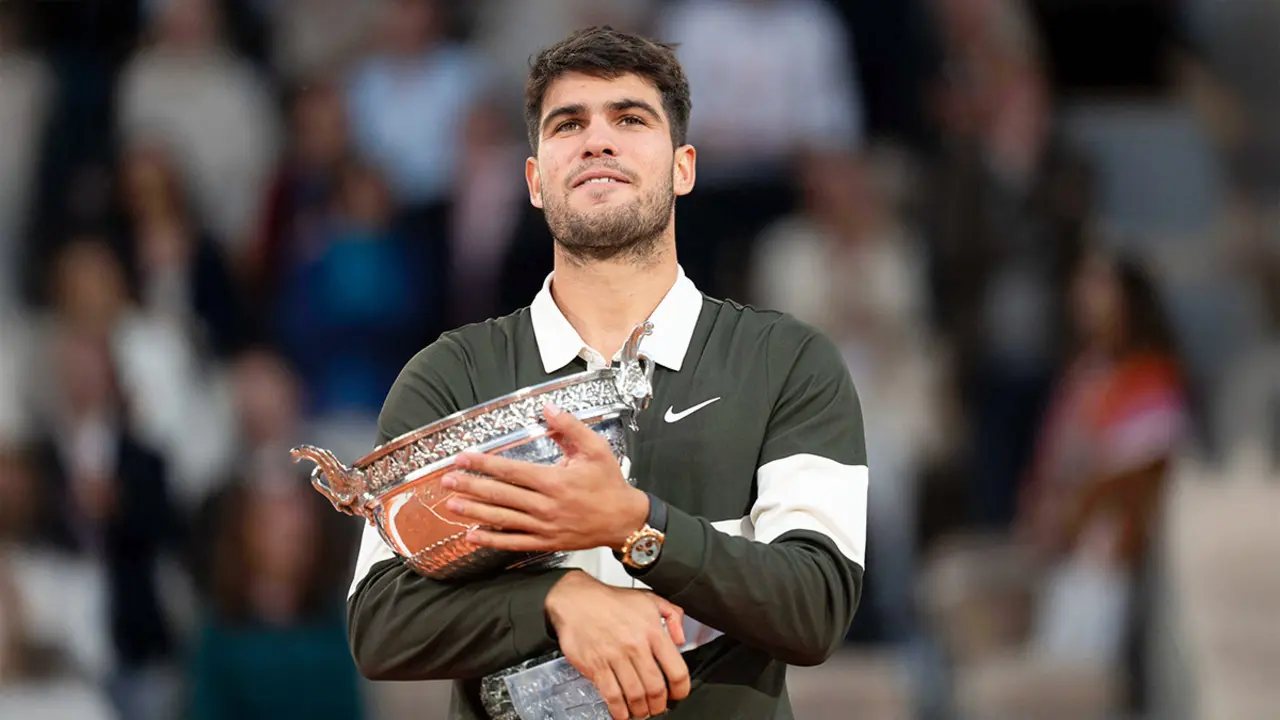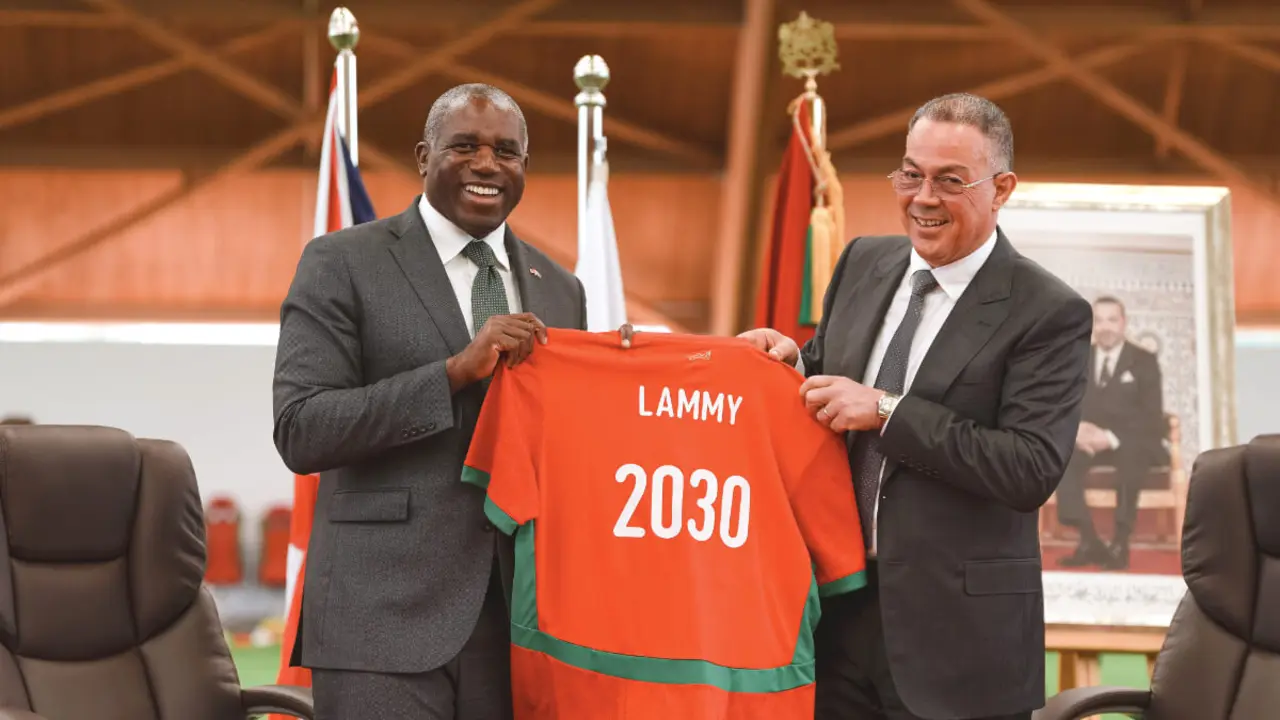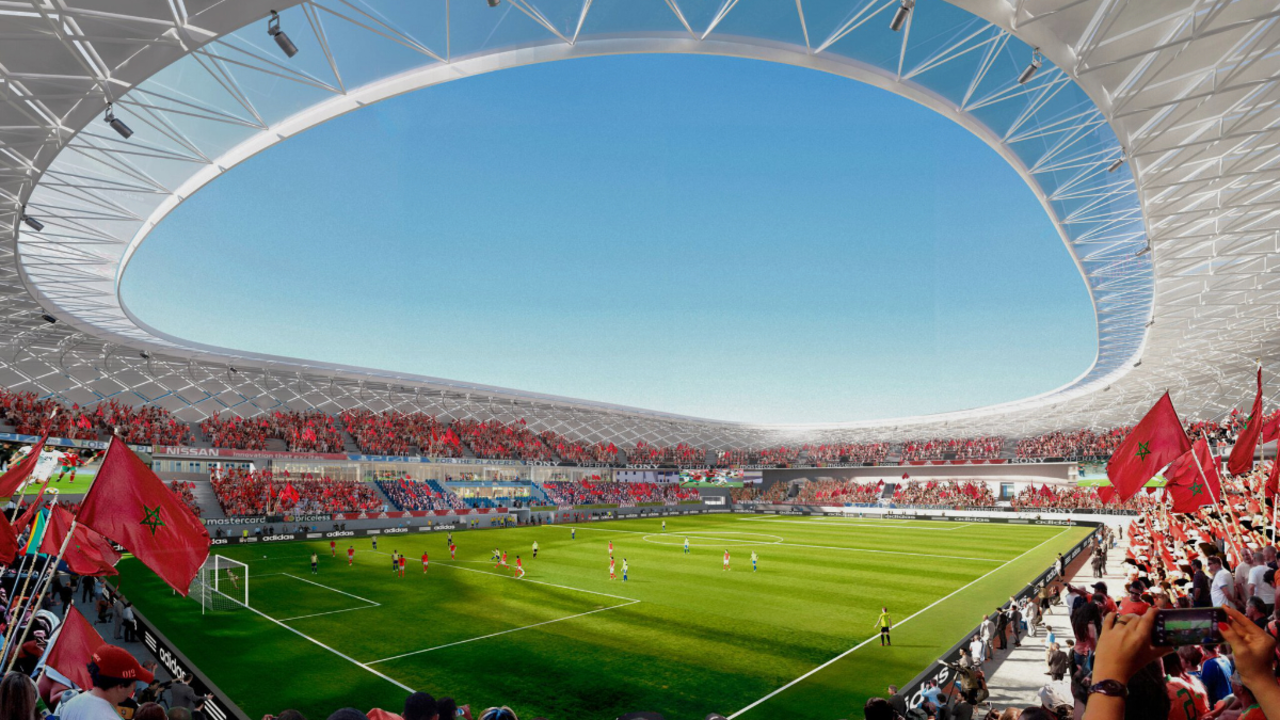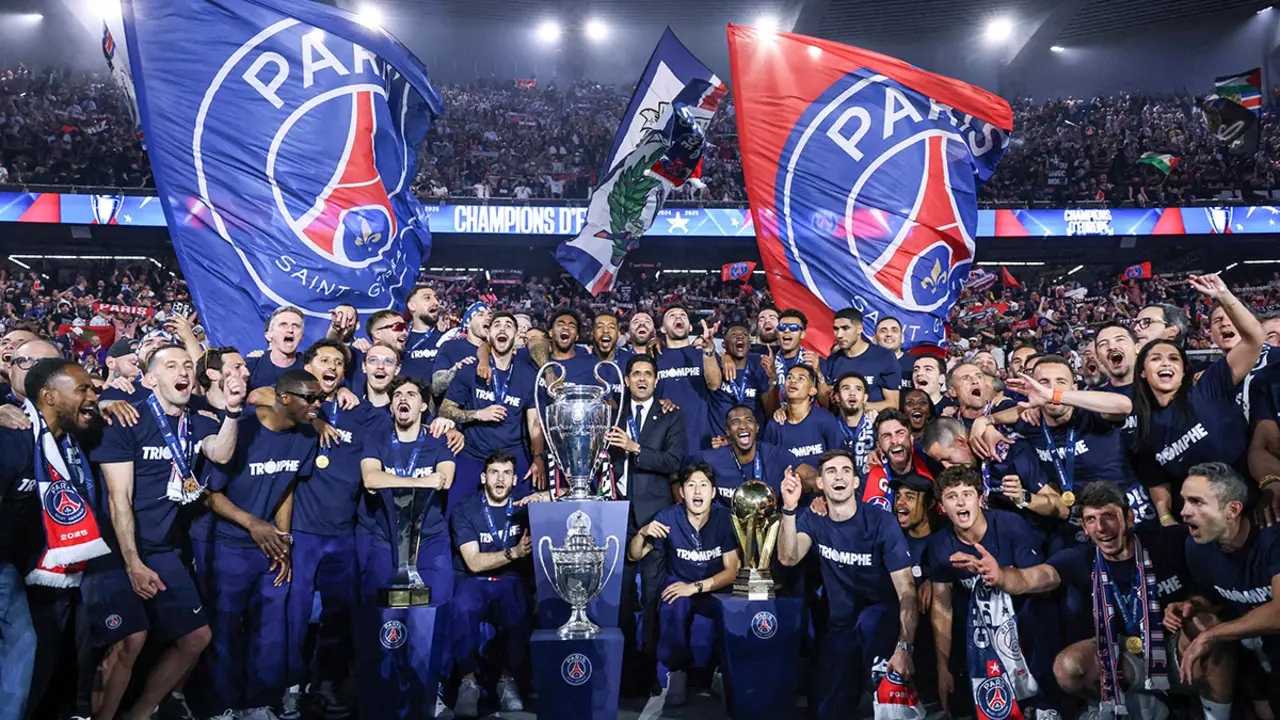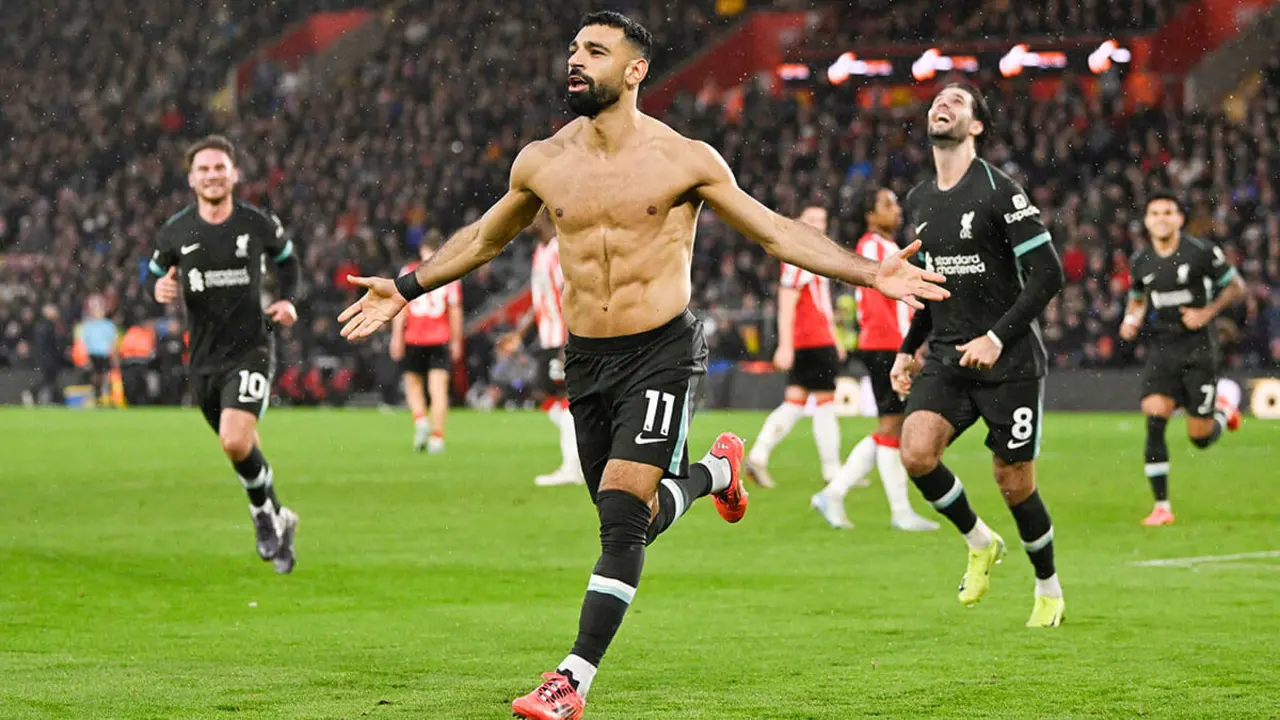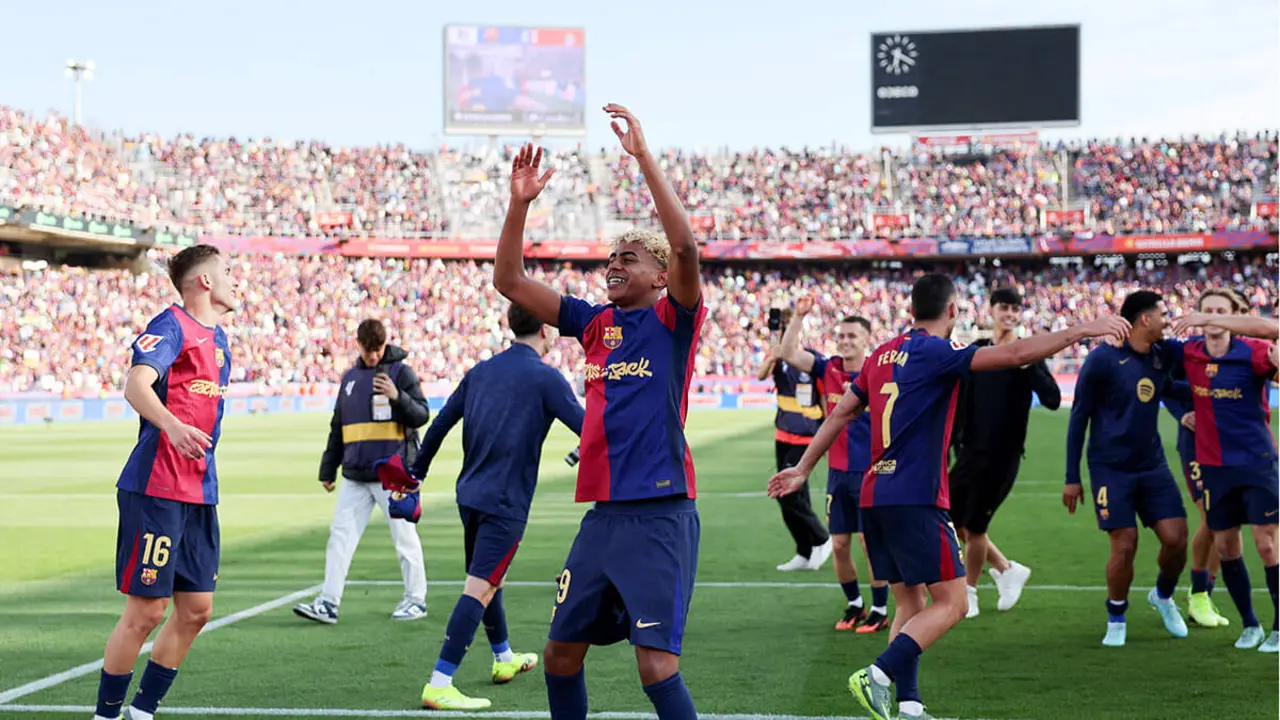Sports tourism is a strategic opportunity to strengthen ties between Morocco and Spain
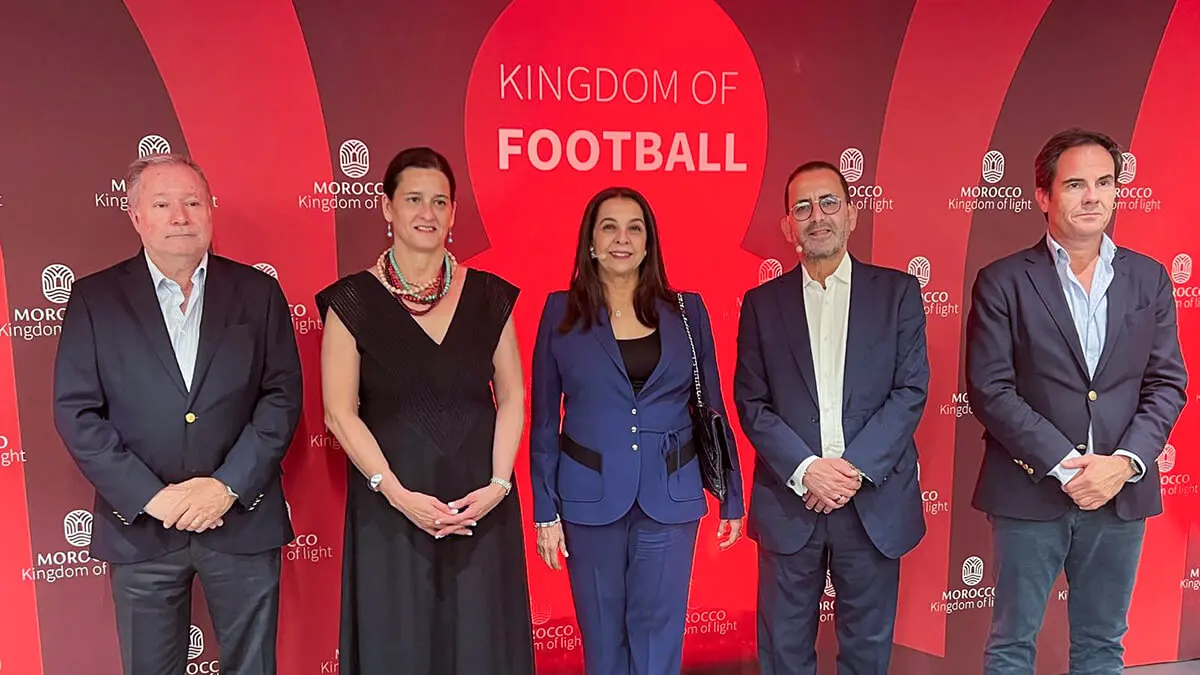
Sports tourism has established itself as a key tool for strengthening relations between Morocco and Spain. With the organisation and co-organisation of large-scale events such as the 2025 Africa Cup of Nations and the 2030 FIFA World Cup, Morocco is taking advantage of its growing international profile to attract tourism, investment and global recognition.
- Morocco and Spain: a relationship that goes beyond trade
- Major infrastructure investments for the 2030 World Cup
- ‘A cultural and human offering that goes beyond sport’
But beyond the economic sphere, this type of tourism is establishing itself as a direct channel of communication between cultures, strengthening bilateral cooperation between the two countries. This approach was particularly evident at Atlético Madrid's Riyadh Air Metropolitan Stadium during an event that brought together leading institutional and diplomatic figures from both countries.
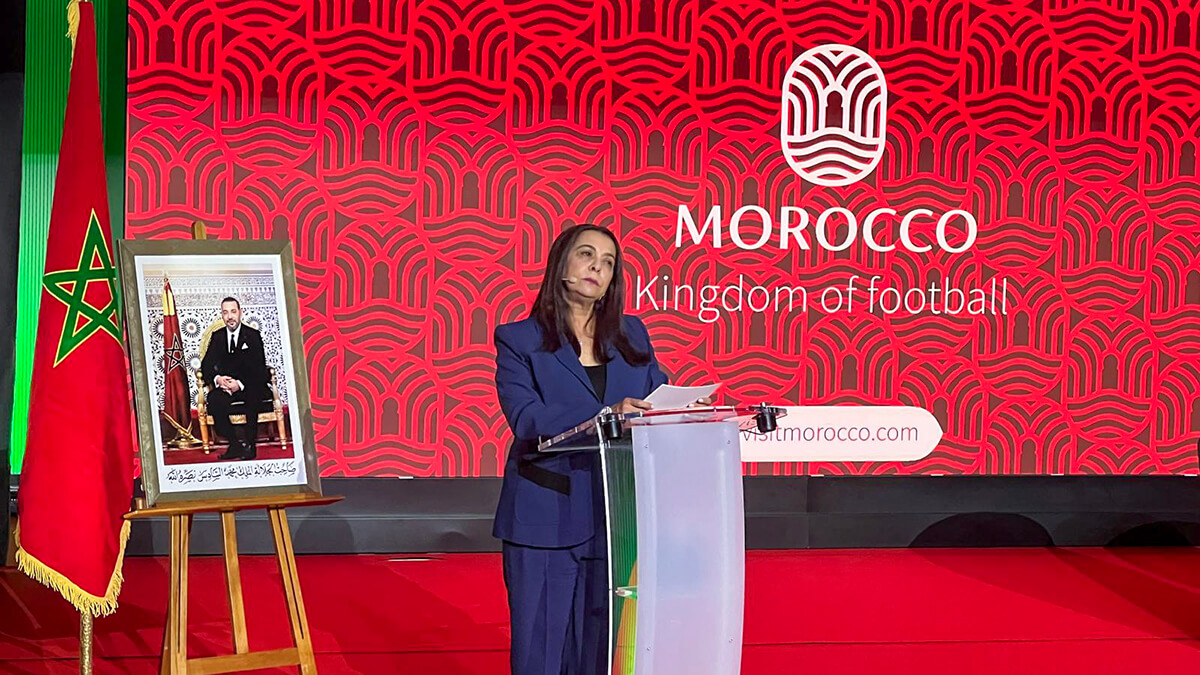
Among those in attendance were Karima Benyaich, Ambassador of the Kingdom of Morocco to Spain, who stated that ‘sport is an essential channel for bringing peoples closer together and fostering cooperation’; and Khalid Mimi, director of the Moroccan National Tourist Office (ONMT) in Spain, Portugal and Latin America, who stressed that ‘sports tourism not only promotes destinations, but also values such as brotherhood, respect and a shared vision’.
Also participating in the event were Mercedes Tejero, manager of the Spanish Confederation of Travel Agencies (CEAV); Kamal Arrifi, Consul General of Morocco in Madrid; and Pedro Costa Ferreira, current president of the Portuguese Association of Travel Agencies and Tourism (APAVT), thus reinforcing the institutional support for this initiative that brings together sport, diplomacy and tourism promotion. The event was moderated by Spanish-Moroccan journalist Noor Ben Yessef from Antena 3 Noticias.
Sports tourism between Morocco and Spain is not a long-term strategy that combines economic development, international projection and bilateral cooperation between two Mediterranean cultures that share much more than what separates them.
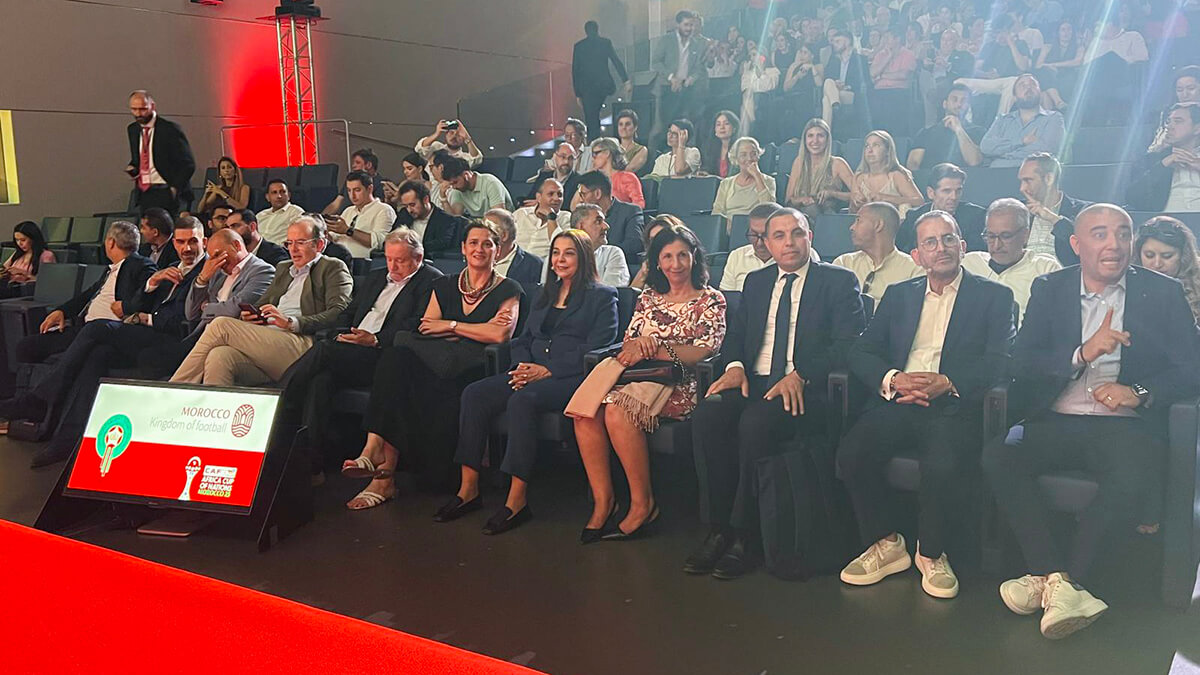
Morocco and Spain: a relationship that goes beyond trade
The relationship between Morocco and Spain has very strong roots, meaning that their relations are not based exclusively on the balance of trade. In fact, Spain has been Morocco's leading trading partner for more than a decade, with more than 24 billion euros in trade and more than 1,000 Spanish companies established in the country.
This collaboration now has a new avenue for growth: tourism, and more specifically, sports tourism.
During an event held in Madrid, the Moroccan ambassador to Spain, Karima Benyaich, highlighted that: ‘Morocco and Spain have the opportunity to offer international tourists the chance to discover two continents, two cultures, two countries that share a mission for a common future.’ The message is clear: tourism not only generates economic growth, it also builds cultural bridges.
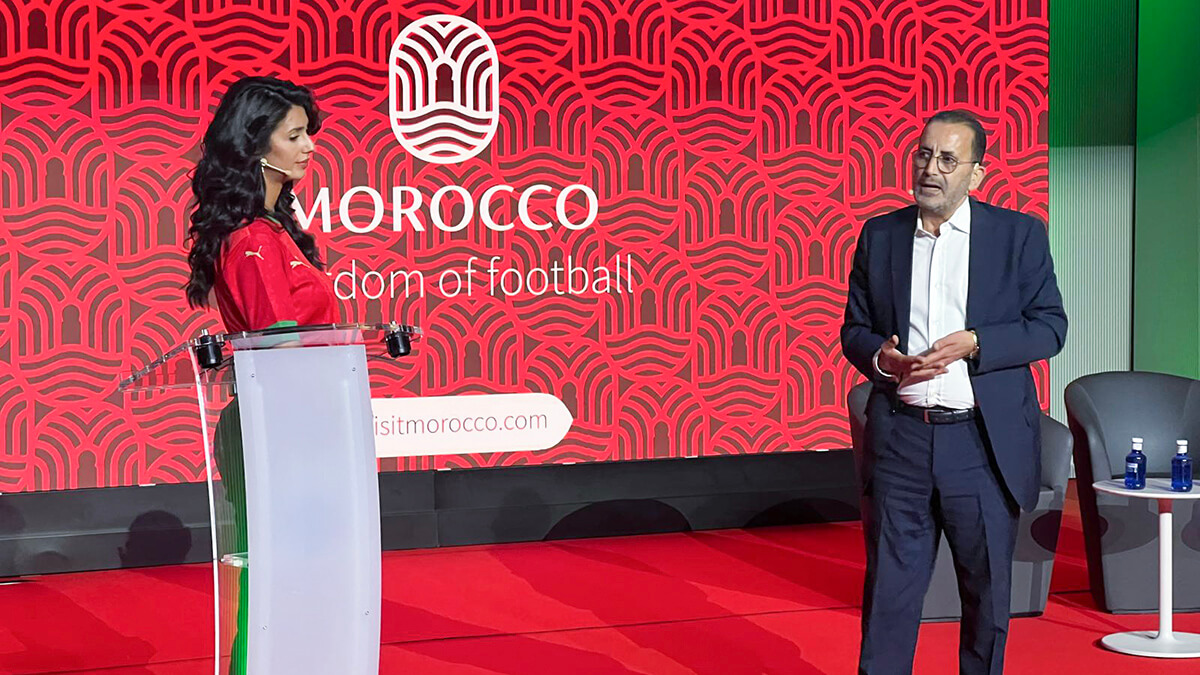
‘Sport as a bridge between cultures’
In Morocco, football is lived with an intensity that knows no age or gender. The historic qualification of the Moroccan national team for the semi-finals of the 2022 World Cup in Qatar was a moment that united the entire country and projected a modern and ambitious image of Morocco on the world stage.
As Ambassador Benyaich explained: ‘This passion translates into results, as we saw during the World Cup in Qatar, where the Atlas Lions were the first Arab and African team to reach the semi-finals, achieving a fourth place that will go down in history.’
This milestone has driven a national strategy to improve sports infrastructure and position the country as a venue for major international events.
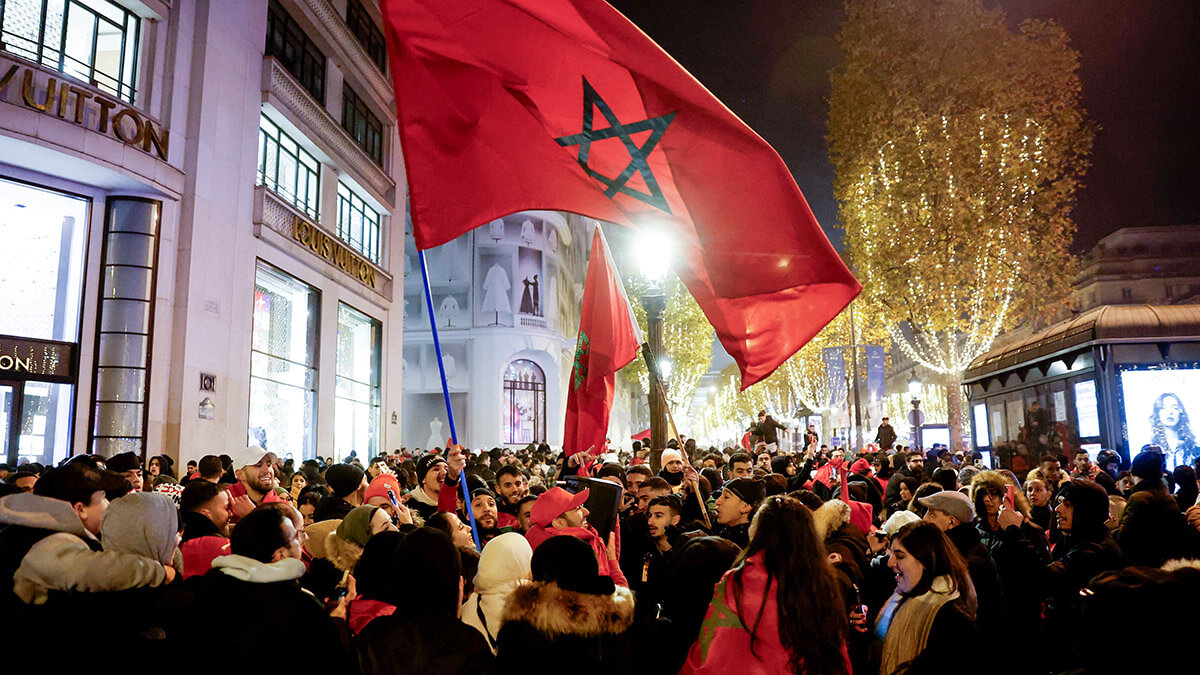
Major infrastructure investments for the 2030 World Cup
Morocco is already working on modernising its facilities. Stadiums are being renovated in key cities such as Casablanca, Rabat, Tangier and Marrakech. In addition, a new stadium is being built in Casablanca, the Hassan II Stadium, with a capacity of 115,000, the largest in the world, which will open its doors in 2028.
In addition to all these projects, major reforms and improvements are being carried out in terms of connectivity, such as: the expansion of the high-speed rail network (TGV), which will grow from 323 to 1,280 km by 2040; the expansion of motorways to reach 3,000 km of high-speed roads; and the refurbishment of several airports, as part of the national ‘Airports 2030’ project, which are currently being renovated and expanded, especially in the host cities.

These advances will not only benefit sport, but also tourism as a whole. The year 2023 marked a milestone in Morocco's tourism history: more than 17.4 million international visitors, of whom 3.5 million were Spanish, an increase of 16% over the previous year. ‘This trend is continuing,’ said the ambassador.
According to Karima Benyaich, ‘Morocco achieved a record this year with a remarkable 20% increase over 2023’. She also pointed out that Spanish tourism is consolidating its position as one of the Maghreb country's priorities, ‘thanks to its proximity, historical ties and the growth of air connections’.
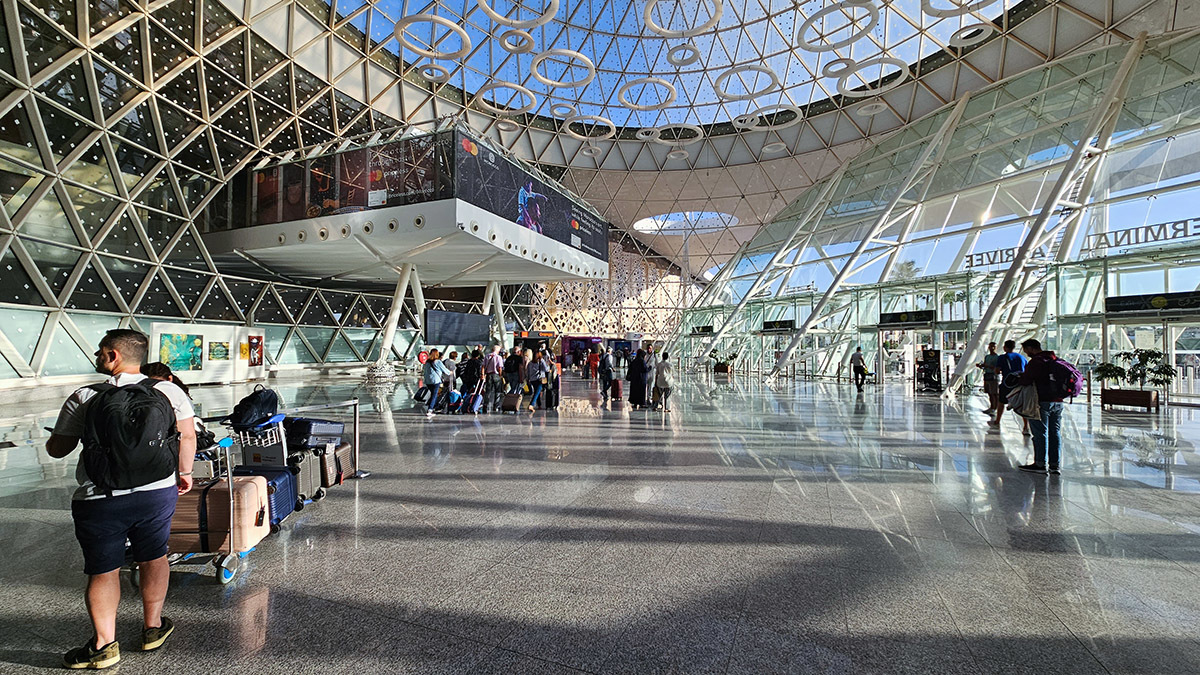
‘A cultural and human offering that goes beyond sport’
Beyond the events, Morocco offers a unique experience based on the warmth of its people, the richness of its traditions and the diversity of its landscapes. In the words of the ambassador: ‘In Morocco, you don't live in a hotel, in Morocco you live outside with the people.’
This philosophy of unparalleled hospitality is one of the great attractions for visitors, who are increasingly seeking cultural, gastronomic and human experiences that go beyond traditional tourism.
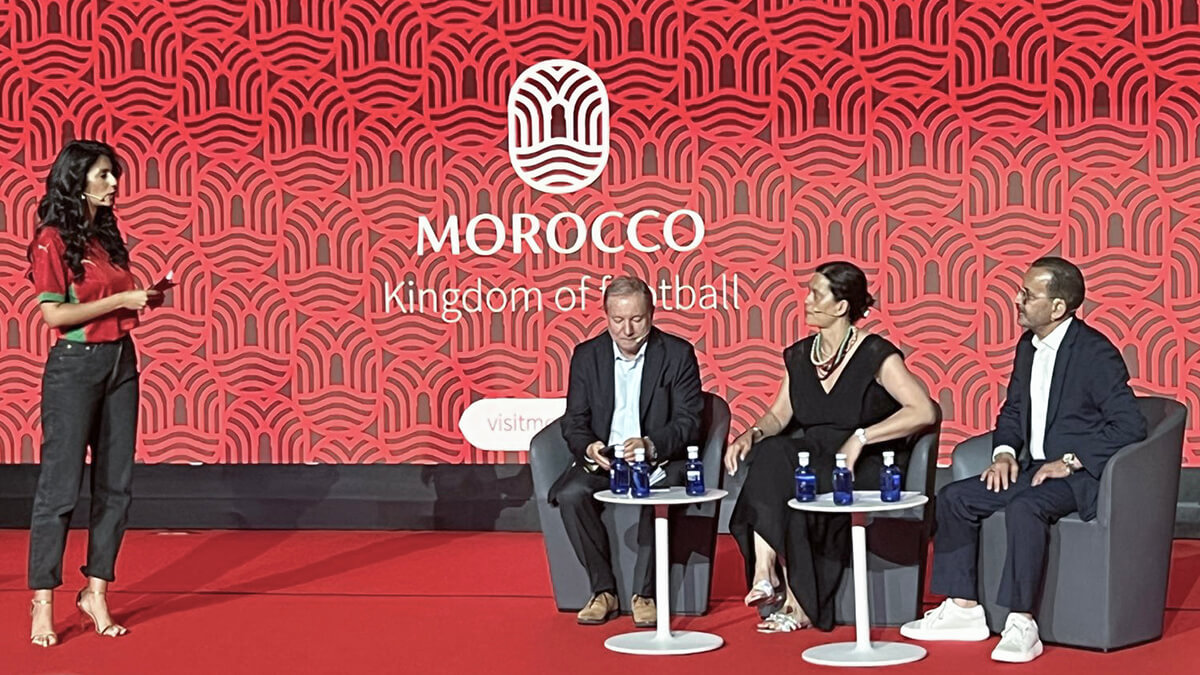
This was pointed out by Khalid Mimi, director of the Moroccan National Tourist Office (ONMT) for Spain, Portugal and Latin America: ‘We want to share our joy and our way of life.’
Mimi focused on data and long-term strategy. He explained: ‘Morocco has an annual growth rate of over 20%, attracting more than 1,150,000 visitors over the last three years, and in the first few months of 2025 we also have growth of 16%.’
The key, he said, is that Morocco does not just sell destinations, but complete experiences: ‘We want to share our joy, our way of life... our facilities, hotels, trains, everything.’
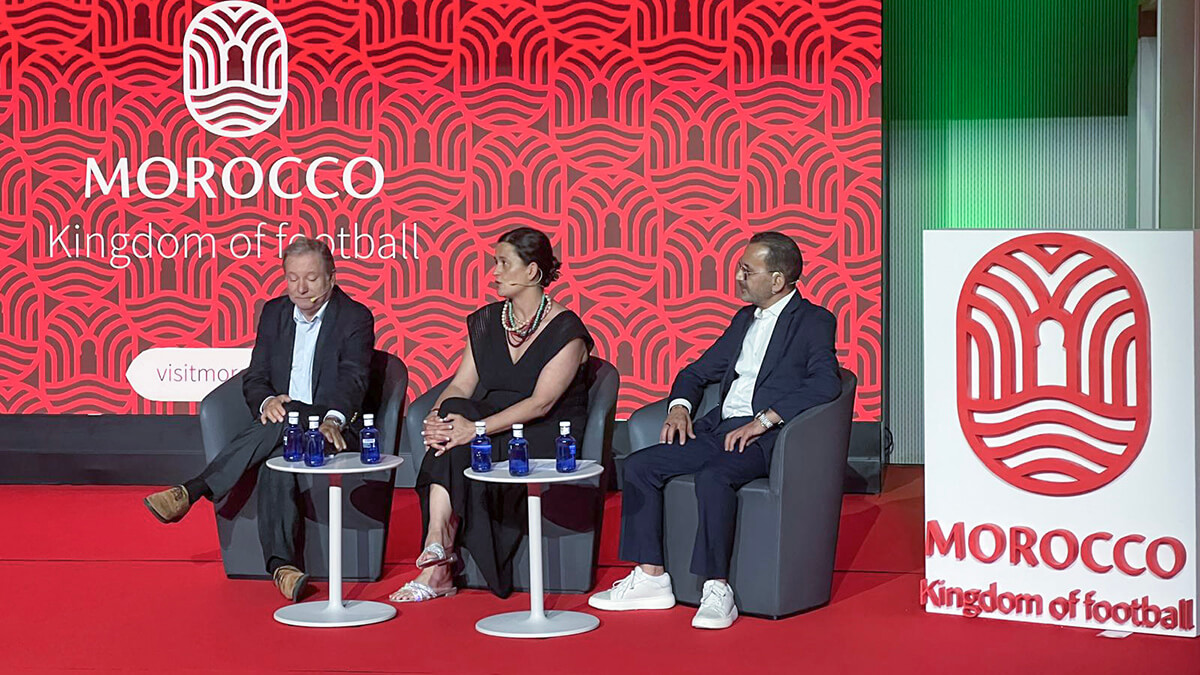
Pedro Costa summed up his image of Morocco by praising it as a key destination for the Portuguese market, especially Agadir and Marrakech. He also stressed the need to diversify the tourist offer beyond these cities and confirmed that he sees the African Cup as a great opportunity to promote the country. In parallel, Mercedes Tejero considered Morocco a "premium destination for Spanish tourists", with a remarkable growth in recent years, highlighting the security, hospitality and modernisation of the cities, especially in Marrakech.
In addition to institutional representatives, more than 100 Spanish and 35 Moroccan tour operators participated in the meeting in Madrid, all with the same objective: to take advantage of the potential of sports tourism as a driver of development and connection between the two countries. In this regard, Mimi insisted that Morocco is a flexible destination suited to all profiles.


